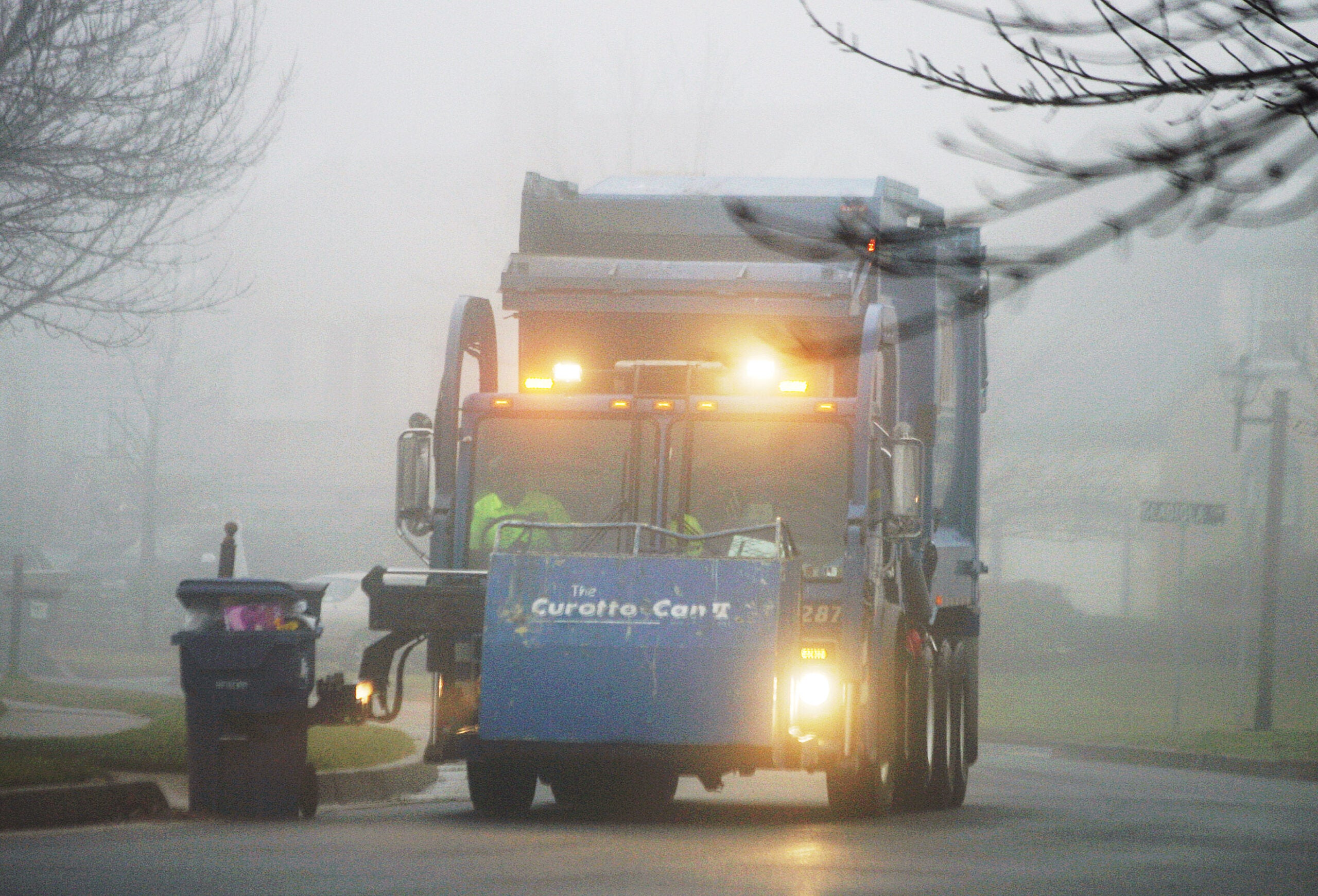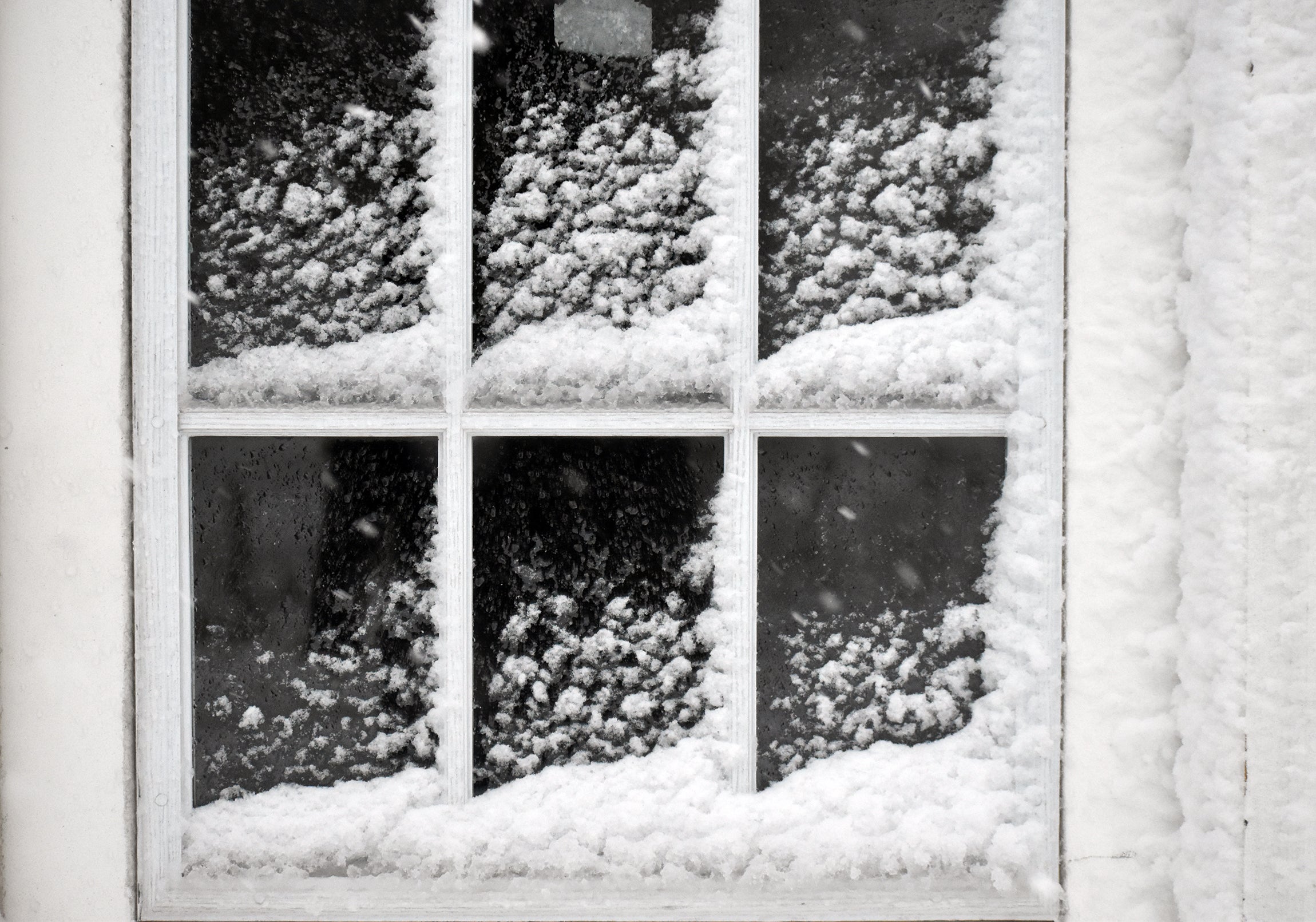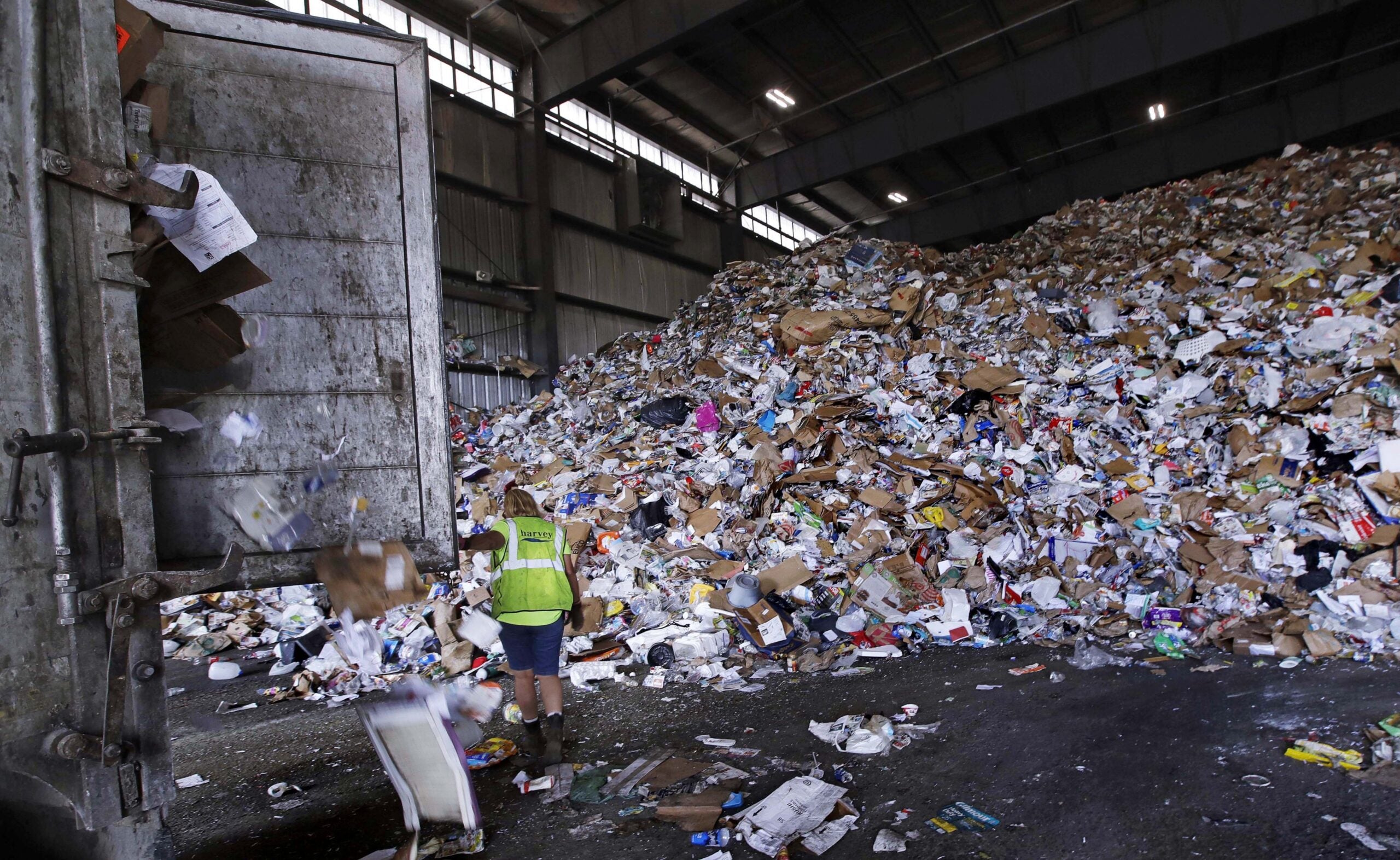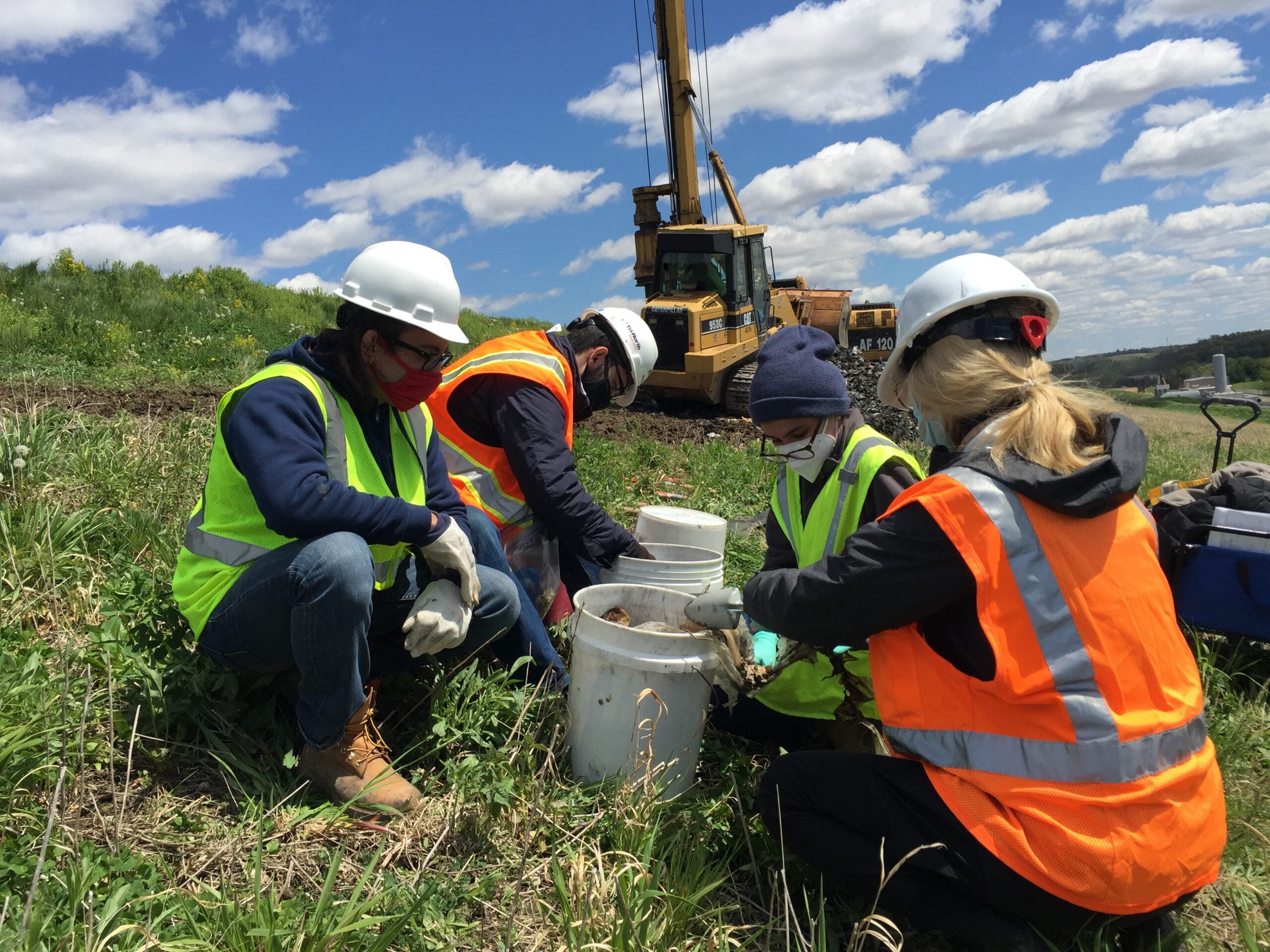Popping open the champagne bottles and diving into a box of pizza might be in your plans to ring in the new year. But like that old wrapping paper and collection of cardboard boxes still sitting around from Christmas, all that leftover trash has to go somewhere.
Bryan Johnson, recycling coordinator and public information officer for the city of Madison Streets Division, says each municipality handles recycling of products differently, but there are some tips to follow when it comes to holiday staples.
Those spent champagne bottles are perfectly fine to recycle, but sometimes the foil that the bottlenecks are wrapped in can cause problems at the recycling facility.
Stay informed on the latest news
Sign up for WPR’s email newsletter.
If you got new electronics this year and are looking to discard your old ones, don’t just throw them in the trash or recycling. Take them to a facility specifically designed for processing that equipment. Some big box stores such as Best Buy and Staples will recycle old electronics, and some technical colleges could have use for old material that students can take apart and study.
Call places ahead of time to make sure they can use or recycle what you plan to drop off.
“Check with your local municipality first, your public works department and see what opportunities are available there and go that route,” Johnson said, pointing out that tube televisions and even the first generation HDTVs contain toxic materials that should be handled with care.
Most pizza box tops can be recycled, but not the bottoms because they’re often too soiled with cheese and grease.
If you’re still on the lookout for a New Year’s resolution, Johnson might recommend you take steps to avoid “wish-cycling” — the hope that what you put in your recycle bin ends up where it needs to be.
Johnson said that the recycling markets are really tight right now, particularly with the import restrictions that China implemented in 2017. The price for recyclable material is down because of a glut of these domestic recyclables. He said the best way for material to move through this system now is to be as clean as possible.
For one, it’s easier to sell on the back end. Secondly, it’s just better for the humans who have to sort through all that material.
“No one’s expecting perfect, but they are expecting honest effort,” he said. “Don’t leave it like half full of lettuce with those plastic salad boxes.”
Consumers need to make the right choices, Johnson said, and that means not trying to recycle water filters that might seem like plastic but are filled with charcoal, or single-use coffee pods which clog up the machine processes.
Basically, be careful what you toss in your recycling bin and be especially conscious to not toss in anything that can easily tangle, for example the plastic covers on bread and cottage cheese containers; protein, board and video game wrappers, Christmas lights, plastic bags and clothes.
“I hear a lot about how recycling is so complicated,” he said. “No, our stuff is so complicated. We have all these strange polymers that we’ve made up and everything else.”
Gift Leftovers
Bows and gift bags are pretty much universally non-recyclable when it comes to the collector, Johnson said. But they certainly can be reused from year to year.
If you’ve still got paper lying around, feel free to recycle anything that’s plain. If the wrapping paper has a lot of foil or glitter, that’ll have to go in the trash, Johnson said. He also noted that the size of the paper matters. Anything smaller than a Post-It note should be put in a clear plastic bag, or with shredded paper, and recycled that way, instead of just being thrown into the bin.
Polystyrene foam that’s often wrapped around electronics can be recycled at certain locations, but it can’t be recycled from your bin. That’s because the sorting system at the recycling plant will basically rip it up. Johnson said for example that Madison has a drop-off program for polystyrene where it’s taken to a company that can densify the foam and sell it back on the marketplace.
“But that opportunity isn’t available for everywhere,” he said. “That’s why you have to make certain what your opportunities are where you live and be engaged with that stuff. Try to do the right thing. Don’t just throw it in your recycling cart and go, ‘Someone else will take care of it.’ That’s a big problem in the recycling industry.”
Wisconsin Public Radio, © Copyright 2025, Board of Regents of the University of Wisconsin System and Wisconsin Educational Communications Board.




